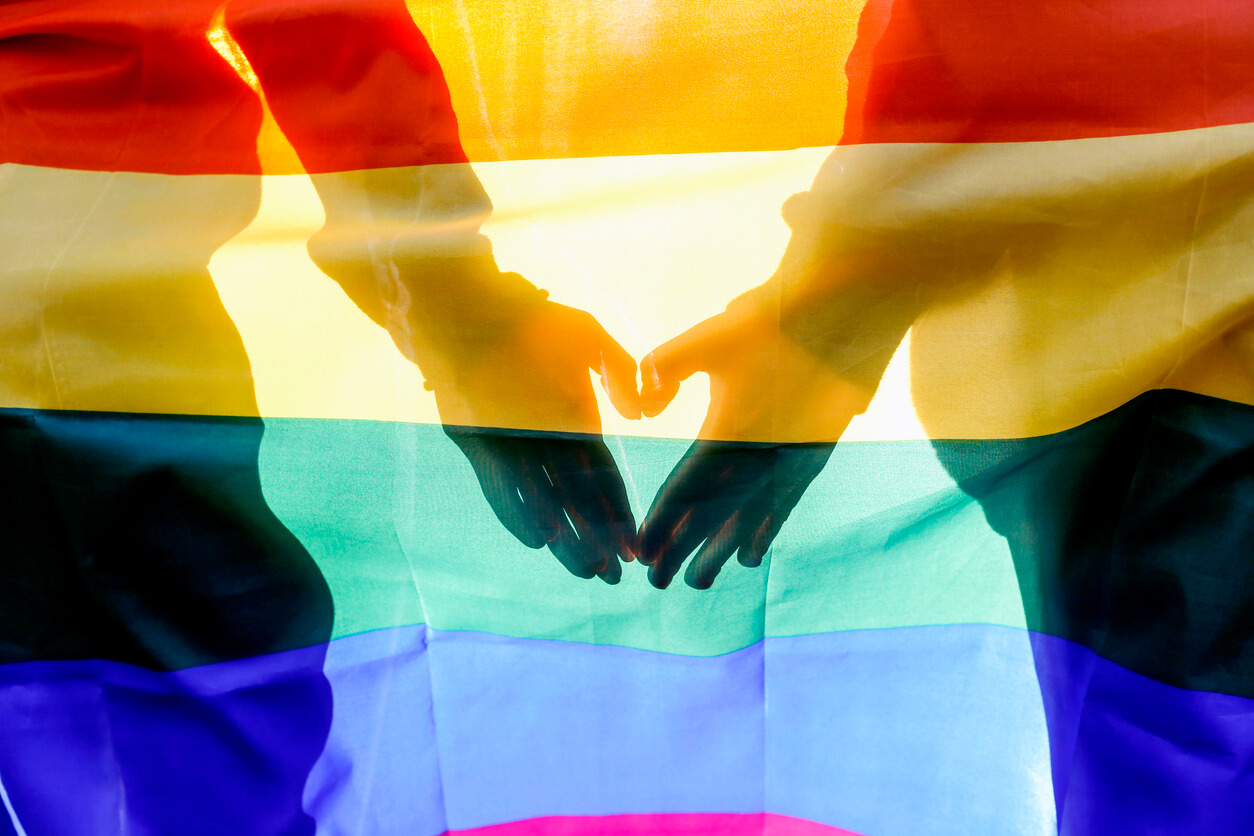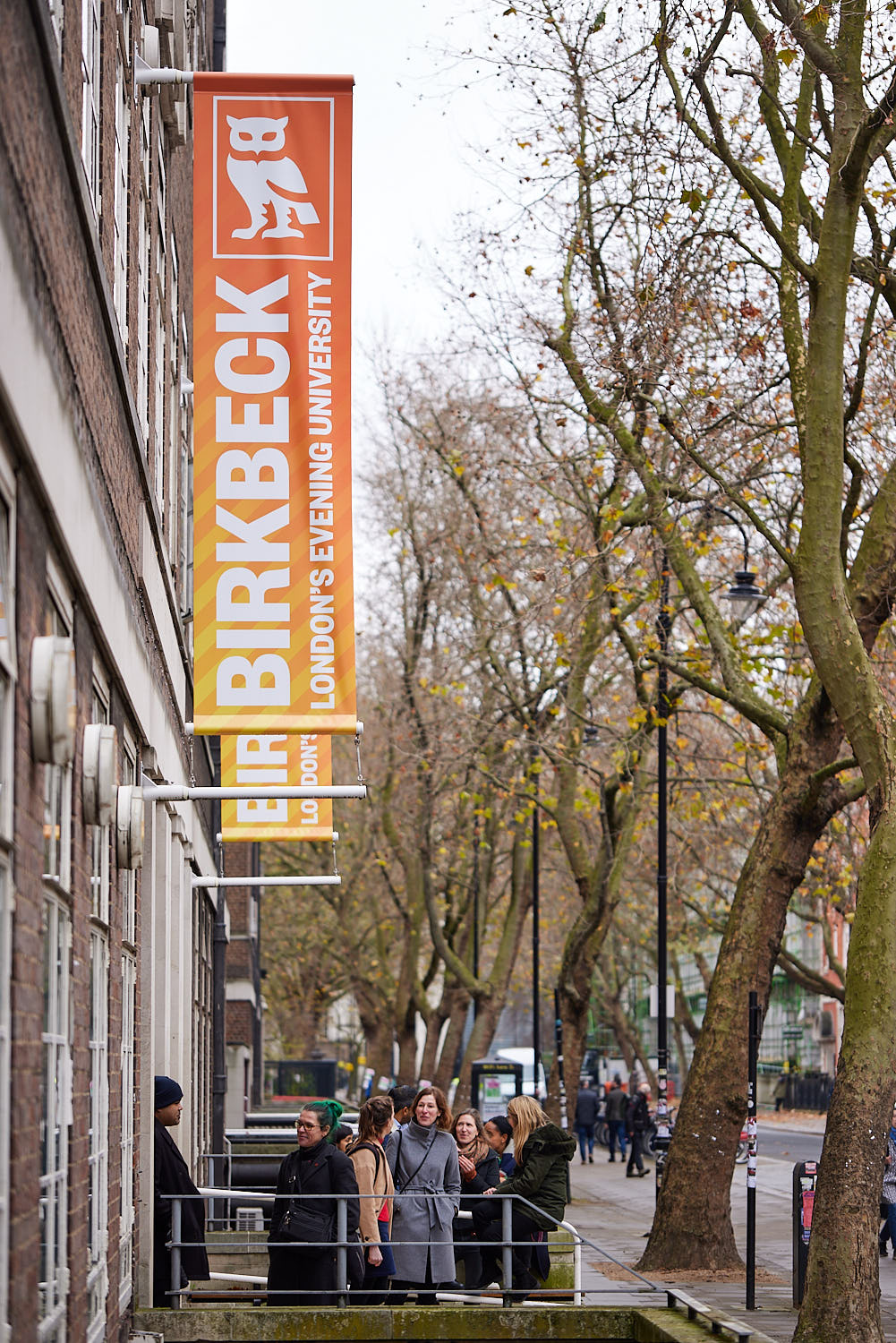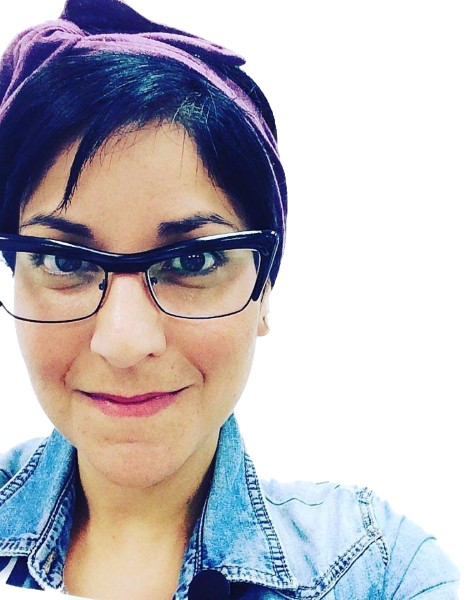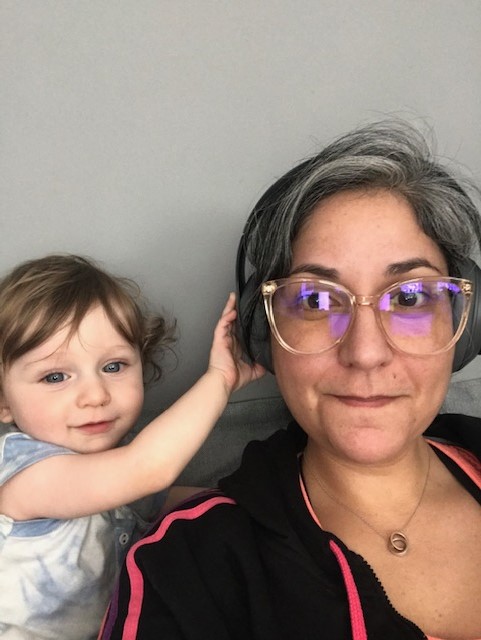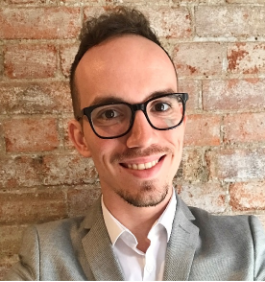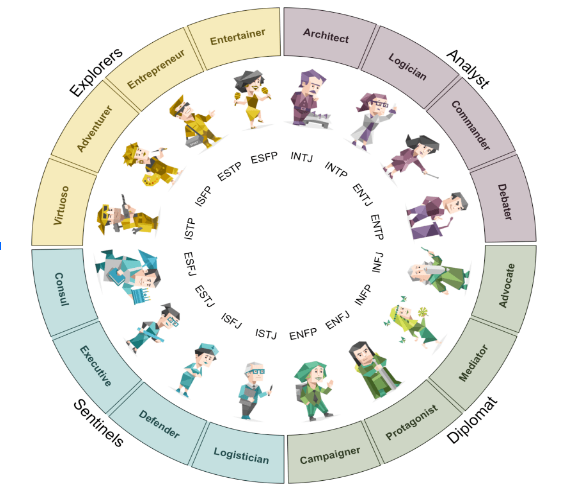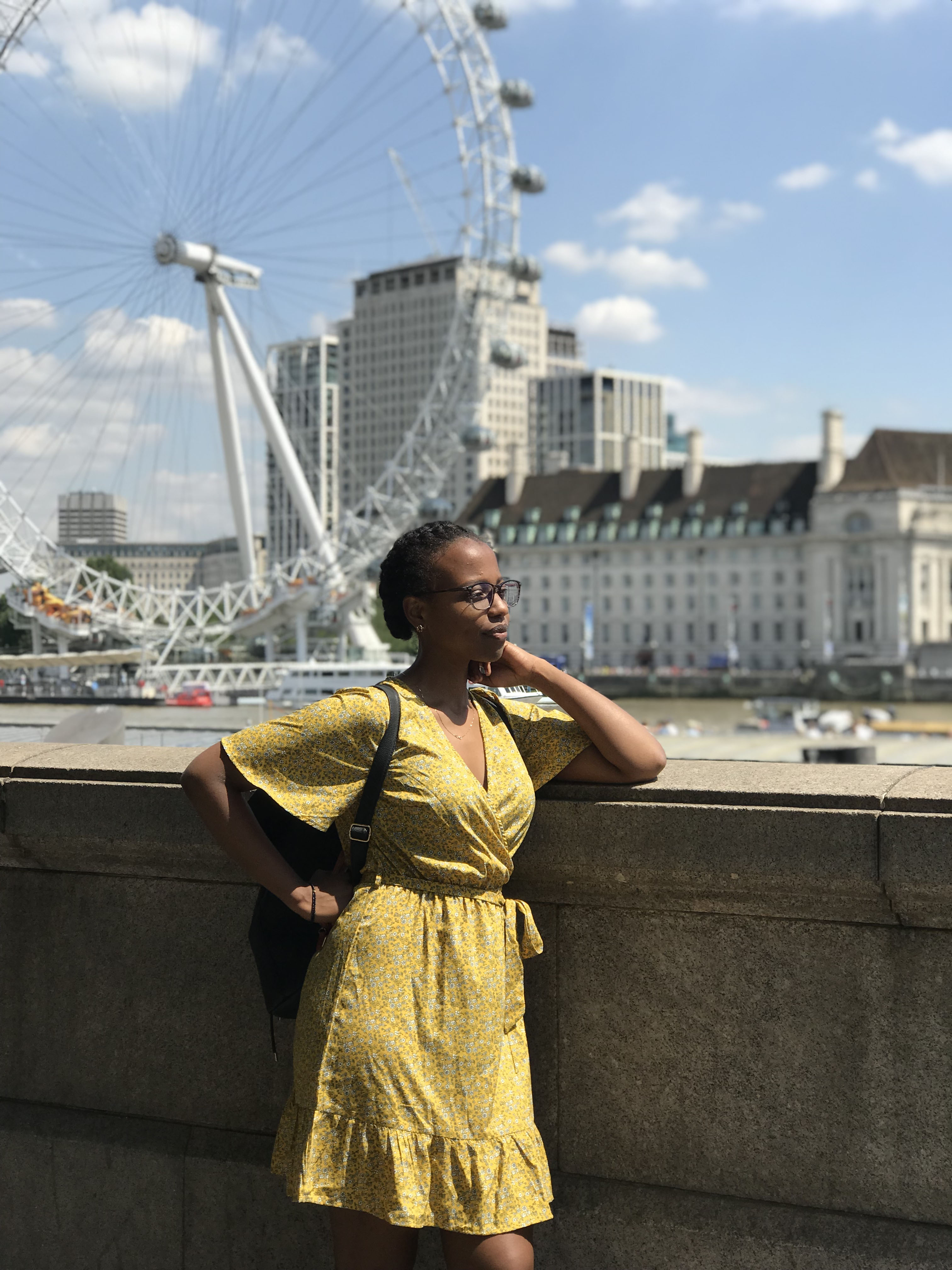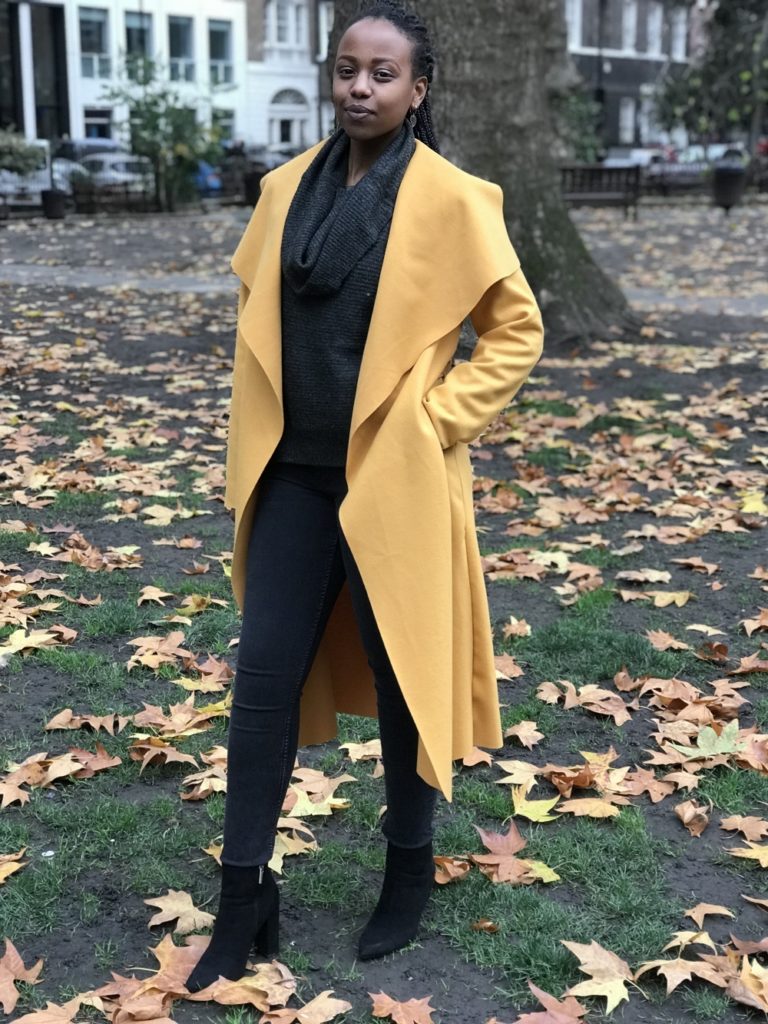As the experiences and achievements of the lesbian, gay, bisexual and transgender + community are observed throughout February, MSc International Marketing Student, Wojciech Zaluski, looks at progress and speaks to Birkbeck LGBTQ+ officer Megan Massey and MSc Marketing student Daniel Knight to ask for their viewpoint on matters, including a look at the role that university life plays in supporting them.
In recent years the situation of people who identify as lesbian, gay, bisexual, transgender and queer + (LGBTQ+) has improved a lot in the UK. In 2014 same-sex marriage was officially allowed. Since 2020 we have also seen a successful roll-out of PrEP, available for free through the NHS, a drug that is key to reducing HIV transmissions. If you live in London, you will be aware how strongly the city promotes and supports tolerance towards the LGBTQ+ community. Everywhere you go you can spot awareness campaigns promoting inclusivity and acceptance.
London is also the host of the annual Pride festival, put on hold during the Covid-19 pandemic. Each year thousands of Londoners (2019 Pride attracted over 1.5 million people) and visitors cheer all day in a parade where they can embrace their non-heteronormative identity in public. The city, during this period, becomes filled with events, parties and gatherings focused on and appreciating love in its different forms. And yes, London Pride is coming back to London in 2022!
We are also seeing, more and more, how the corporate world has become vocal in its appreciation for the LGBTQ+ community. For example McKinsey & Company is promoting their initiative “Proud Leaders Europe,” “created to support talented individuals from across Europe, who self-identify as members of the LGBTQ+ community”.
Q&A with Megan Massey, Birkbeck LGBTQ+ officer
What is the function of a LGBTQ+ officer at Birkbeck?
The goal of all elected Liberation Officers is to improve the student experience at Birkbeck, with a LGBTQ+ (lesbian, gay, bisexual, transgender, queer+) officer focusing their efforts on advocating for LGBTQ+ students, representing them in meetings with the College, and helping to foster a community.
What kind of events can LGBTQ+ students expect at Birkbeck?
Events range from hangouts and film screenings to pub crawls and museum visits. Of course, for the LGBTQ+ network, Pride is also an important event in the calendar. Hopefully Birkbeck students will be able to walk at London Pride once again in 2022!
Why do you think universities should provide a program for LGBTQ+ students? Do you think that we live in a post-heteronormative world?
Higher education should be for everybody, and so it is important that universities provide resources that reflect this. The fact that we do not yet live in a post-heteronormative world means that LGBTQ+ students, and other marginalised students, face barriers that they will have to overcome in order to have access to higher education.
What barriers and challenges does the LGBTQ+ community still face? How can the academic world answer those problems?
There are many barriers and challenges faced by the LGBTQ+ community, and attitudes to LGBTQ+ people vary across the globe. There are many countries which still criminalise consensual gay sex and relationships, meaning that LGBTQ+ people face imprisonment. In countries like the UK, where same-sex marriage has been legal since 2014, there is still work to be done to improve the legal standing of LGBTQ+ people. For example, the UK government does not legally recognise non-binary identities.
Aside from the law, LGBTQ+ people in every country still face social challenges and are at risk of experiencing violence and persecution. The academic world can seek to educate around LGBTQ+ topics, but does not have all the answers. Many LGBTQ+ people, especially those most at risk, will not have access to discussions that take place in universities, despite the fact that their voices are deeply important to the conversation. In order for the academic world to do a better job of advocating for LGBTQ+ people, they need to place an emphasis on accessibility.
From your experience, meeting LGBTQ+ students at Birkbeck, what did you learn that surprised you? What kind of support do you think they need? Did those meetings change you? Where do you find strength and motivation to be actively engaging in helping and educating the student community about the problems of the LGBTQ+ community?
I was surprised by how many students have been unsure whether or not they are welcome in the LGBTQ+ community. I think that is one aspect where many students need support, in feeling that they are welcome and accepted in the academic space. As an LGBTQ+ person myself, it is a privilege to be able to help the student community in any way. I feel grateful to the students who have had the courage to reach out to me with their questions or concerns.
London is a very diverse city with official city support for Pride and other campaigns promoting tolerance and inclusivity, similarly we are seeing the corporate world embracing LGBTQ+ inclusivity. Do you think that LGBTQ+ people are safe in London? If not, why do you think so?
This is a difficult question due to the interpretation of ‘safe’, but I do think that LGBTQ+ people are safe in London, to a certain extent. London is a fairly safe city, the whole world considered, and so LGBTQ+ people living here may feel safer than they would elsewhere. However, since LGBTQ+ are, as a marginalised group, at a higher risk of experiencing discrimination and hate crimes, personal safety is something that most queer people have to be very aware of.
In addition to this, since LGBTQ+ people are more likely to experience poverty and homelessness, this is a factor which must be considered. Likewise, it is impossible to ignore the relevance of race (and other identity factors) in discussions of safety. For this reason, a more in-depth, intersectional approach would be needed to adequately address the question of whether or not LGBTQ+ people are safe in London (or, indeed, if anybody is ‘safe’ anywhere).
What do you advise LGBTQ+ students who need psychological help? Do you know where they can seek support and help?
Birkbeck’s Mental Health Advisory Service provides a range of help for students. More information can be found here.
Outside of university, if a student (or anyone) is dealing with life-ending thoughts and needs urgent care, they can go to Accident and Emergency, or contact their local crisis team. If they need to talk to somebody over the phone or online, on a one-off basis, there are several charities which provide this service. If they are looking for therapy or counselling, they can self-refer through their GP to be put on a waiting list for a free NHS service.
What would you advise for people who don’t identify as queer or LGBTQ+ and would want to learn more to understand problems and issues that their LGBTQ+ students face?
There is a great deal that a person can learn online, but of course it’s great to speak to LGBTQ+ people in person too—allies are welcome to join the LGBTQ+ Network!
Interview with Daniel Knight, MSc Marketing student
Do you see any difference between how LGBTQ+ issues were addressed when you were studying to get your undergraduate degree and now at Birkbeck?
I did my undergraduate studies between 2004 and 2007. And there wasn’t much of a LGBTQ+ society then. I wasn’t very active in the community, I’d only just come out, so I was working out how to interact with the people around me. It was not easy to find and connect with other LGBTQ+ students. Thankfully, there is more of a presence now at Birkbeck than in the past.
I was interested to see what it looks like at Birkbeck… if it’s more visible and easier to connect. I visited the Freshers’ Fair to find out. As a result, I joined the Birkbeck LGBTQ+ online group. I think social presence is very important.
Do you feel the UK has moved forward in terms of acceptance, tolerance, and inclusivity of LGBTQ+ people in recent years? If not, why do you think that is?
I think the UK is more inclusive and accepting. I experienced very little homophobia in my life. That may relate to the fact that I am not flamboyant and it’s not obvious that I am gay. That may be why. People in my life were always very accepting and inclusive and they wanted to know about my relationships. I think it became more acceptable to talk about your relationships. I am also aware I am working in healthcare, surrounded by professional people. It may be very different for people working in a different kind of environment. My experience may not be someone else’s.
I’d say as a teenager, when I was in secondary school, I don’t think it was accepted. I think that in the UK there was a switch into the pro-movement, probably in the early 2000, before you got into 2010. When I was at secondary school I wouldn’t have come out, I wouldn’t have felt comfortable doing that, whereas now, I believe teenagers do feel comfortable, and obviously that’s great in that regard, that the desire to come out would now be more positively received than before.
With reference to my work environment, if I experienced homophobia in my office, it would be taken very seriously, and the person would certainly be investigated, but I work for the healthcare regulator, they take equality and diversity seriously.
Did you experience homophobia in your life or work life? What would you advise to LGBTQ+ students who are starting their career in that regard; how to handle homophobia at work or in their personal life?
I think, for them, it should be easier. We are in a different place now- homophobia isn’t accepted. If there is an experience like that, they should look for their HR department, or if it’s a university there is a department that deals with that. I think there are support structures in place now that enable people to feel supported. If they experience homophobia, they should be able to raise it, people will help them. This would not have been the case in the past. My advice would be to talk to people in the organisation who can support you. And look for that support, look for like-minded people, join the LGBTQ+ society at Birkbeck, and you’ll find a lot of like-minded people, and allies as well. Don’t put up with homophobia in any form.
In your own company do you observe that there is a will to create a safe environment for the LGBTQ+ community? Or is it a non-issue?
As part of the new EDI (Equality, Diversity, Inclusion) strategy they have created lots of different groups, among them an LGBTQ+ group, within our organisation. People can go there and talk about their experience and if there is anything that is not quite right in the organisation.
Were you able to make any connections with the LGBTQ+ community at Birkbeck? How do you think universities should address inclusivity and the safety of LGBTQ+ students
Being part of the LGBTQ+ group is important, and for that group to be able to discuss policies with the university on how they can support Birkbeck communities. If the university can demonstrate the changes that have been achieved, that is a good way to show that there is progress for the LGBTQ+ community. They could also do more in terms of events and lectures, I suppose to express different views in the community. Just to show it is taken seriously, you could put information in the weekly bulletins from Birkbeck, to have inclusion there about what has been done, for people to be involved more and find out more. The main thing would be that they have support in place should people have issues, making clear what they can do if they have issues, regarding LGBTQ+ issues.

